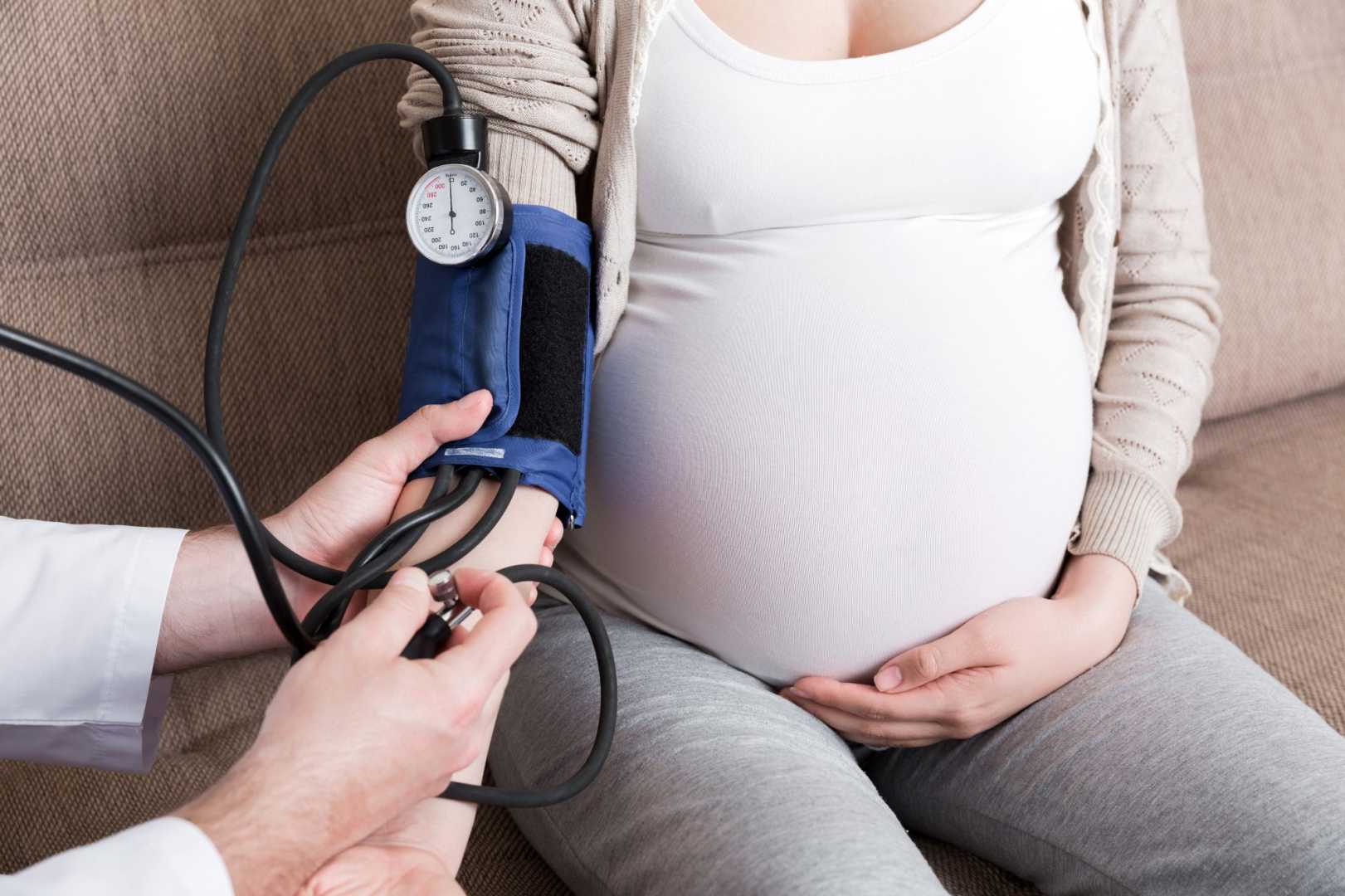Health
AI Warning Led to Critical Emergency for Pregnant Woman

LOS ANGELES, Calif. — A casual question from a pregnant mother in her third trimester about tightness in her jaw led to a life-saving recommendation from ChatGPT. After inquiring about her symptoms late at night, the AI suggested she check her blood pressure, prompting her to discover a dangerously high reading that required immediate medical attention.
Within 30 minutes, after realizing her blood pressure had reached an alarming 200/146, she was urged to call an ambulance. Medical professionals at the hospital acted swiftly to deliver her baby, warning that had she gone to sleep without addressing her condition, the outcome could have been fatal for both her and the unborn child.
Now safe, the story of this mother—who has since garnered virality with over 29 million views—resonates strongly with parents, particularly those grappling with the myriad of symptoms that can accompany pregnancy. It serves as a stark reminder that subtle signs can sometimes indicate severe medical issues.
Preeclampsia, one of the most serious complications of pregnancy, is characterized by elevated blood pressure after the 20-week mark and can escalate dangerously if left untreated. According to the American College of Obstetricians and Gynecologists (ACOG), hypertensive disorders affect approximately 2–8% of pregnancies and are a leading cause of maternal and infant complications worldwide.
Symptoms of preeclampsia may appear deceptively mild, including headaches, swelling, vision changes, and yes, even jaw tightness. These symptoms can often be overlooked by expectant mothers who might dismiss them as typical pregnancy discomforts.
“If left untreated, preeclampsia can lead to serious complications, including seizures or stroke,” said Dr. Emily Tran, an obstetrician at Children's Hospital Los Angeles. “Recognizing and acting on symptoms early is vital.”
Many mothers find themselves in similar situations, where small signs are brushed off, only to realize later that they were warnings of significant health risks. Data shows that many maternal deaths are preventable and are often associated with delays in recognizing symptoms or seeking medical care.
This incident underscores the vital importance of listening to one’s body and advocating for oneself during pregnancy. “You know your body better than anyone,” Dr. Tran emphasized. “If something feels incorrect, it’s always worth investigating.”
The integration of AI into everyday life has sparked discussions about its future role in healthcare. While AI tools can provide information and prompt action, they are not substitutes for professional medical advice. ChatGPT’s suggestion led to crucial intervention, but it’s important to recognize its limitations.
“AI can synthesize information and generate useful insights,” Dr. Tran noted, “but we must always rely on our healthcare providers for tailored medical advice.”
For every expectant mother, developing trust in one’s instincts, particularly regarding health, is crucial. Symptoms that appear insignificant, such as swelling or vague discomfort, should not be overlooked. Early detection and intervention can make a critical difference in both mother’s and baby’s health.
As Natallia’s story illustrates, even the smallest indicators can signal the need for medical help. Balancing self-awareness with professional guidance equips mothers-to-be to navigate their pregnancies with confidence and care.












